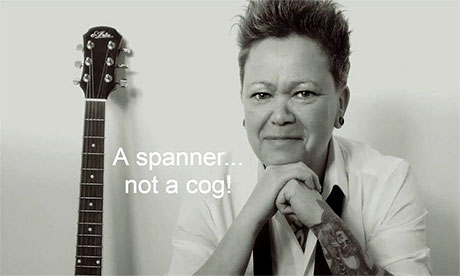Every time Anne Tolley and Bill English talk about the new Ministry for Vulnerable Children, or oppose an inquiry into the historical abuse of children in state care, it sticks like a knife in my guts.
I am Ngāti Porou through my mother, and I’m Weira — Welsh — through my father.
After spending 14 years in state care, and 25 years in social work, I consider myself an expert on what it is truly like for a child with Māori whakapapa to grow up separated from all that intrinsically belongs to them.
I was five when I was taken into state care, and 18 when I was finally able to escape it. My mother, miserable and unwell, had left us, for her own survival as well as ours, to escape my father’s violence.
She was deemed to have “abandoned her children”, and so my father was awarded legal custody of us.
He then applied to Social Welfare to have us temporarily placed in its care. On my fifth birthday, he took me and my two brothers (my older sister was placed with other caregivers) to a children’s home, and left, promising to be back for us soon.
I waited every day for weeks and months after that, but it would be many years before I saw him again.
Over the years, other children came and went, but my siblings and I stayed in those homes. To everyone who came to visit and view the “underprivileged” children, we looked well adjusted and cared for.
But our experience contradicted appearances and we suffered things children are not supposed to: psychological, sexual, and other physical abuse over many years. It still makes me sick to say that.
I didn’t bear it silently. I fought to protect my brothers and me from the abuse we experienced from adults charged with our care. I spoke out at every opportunity.
But I was never believed. I was labelled a troublemaker and my complaints were ignored. I still suffer from the guilt of not being able to do more to protect my brothers. Continue reading
- Paora Crawford Moyle is a department member of the School of Health and Social Services, Massey University.
